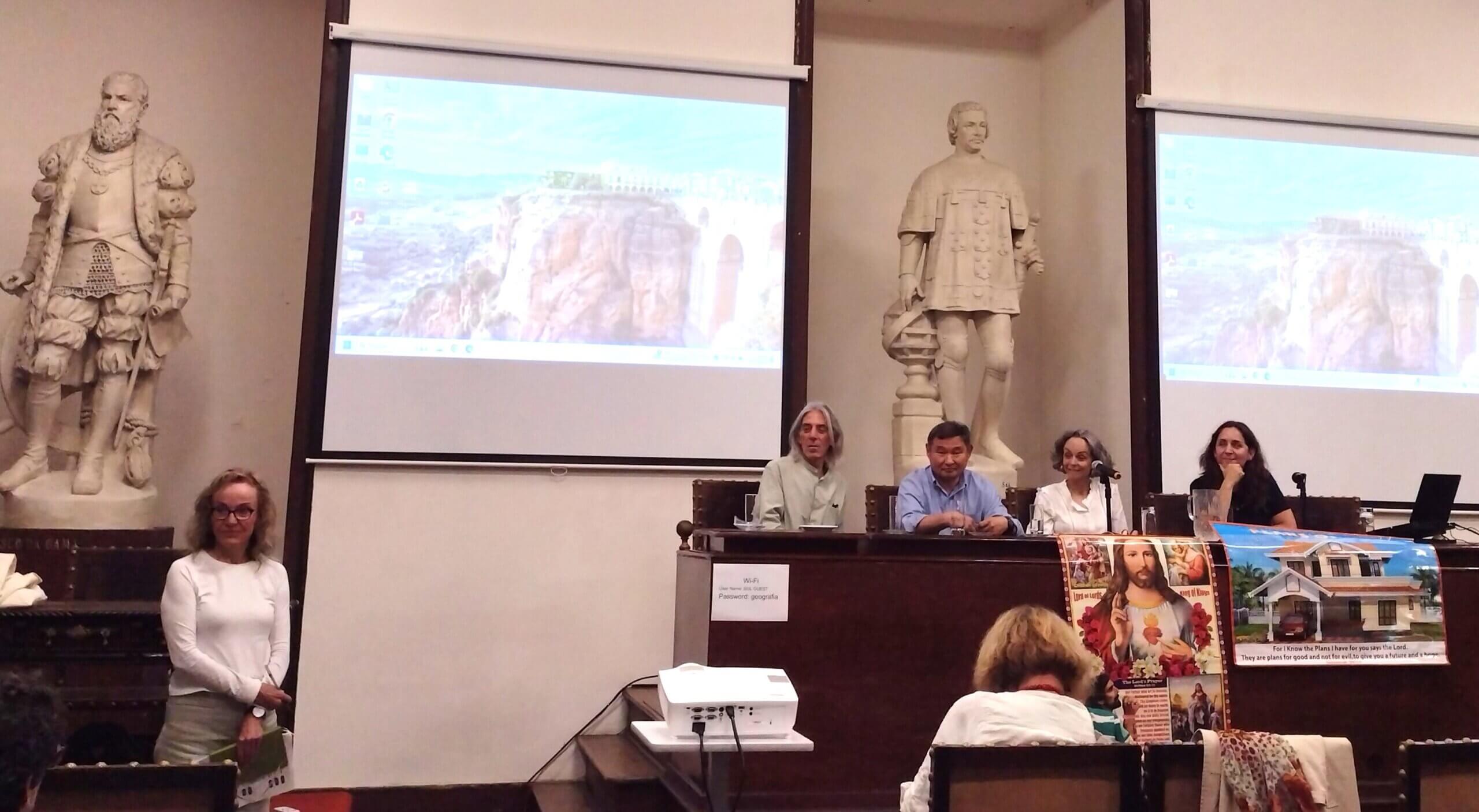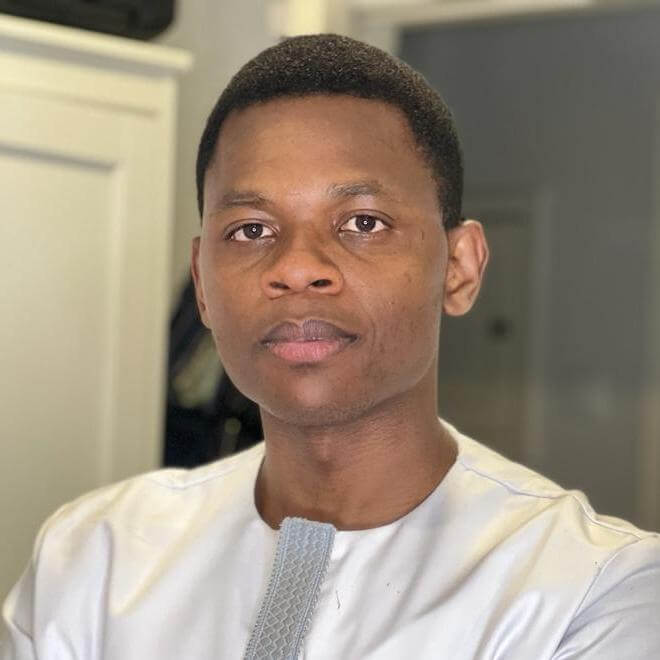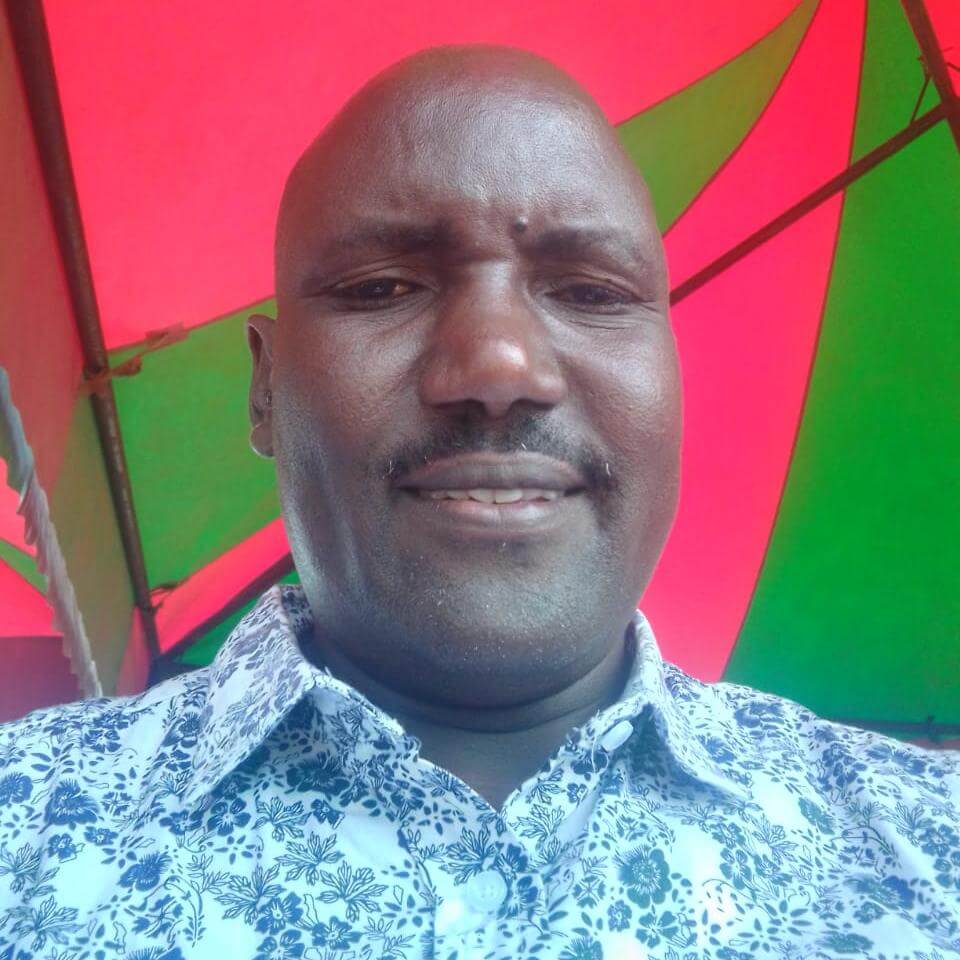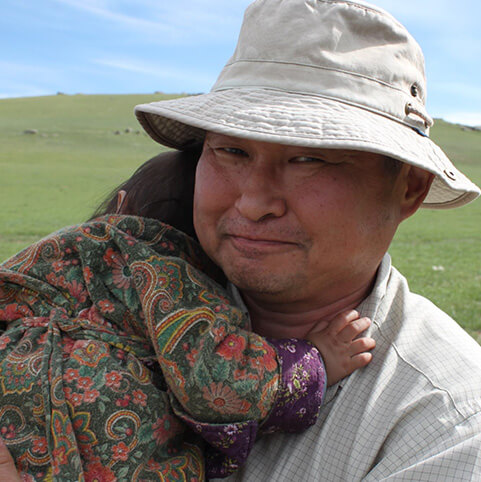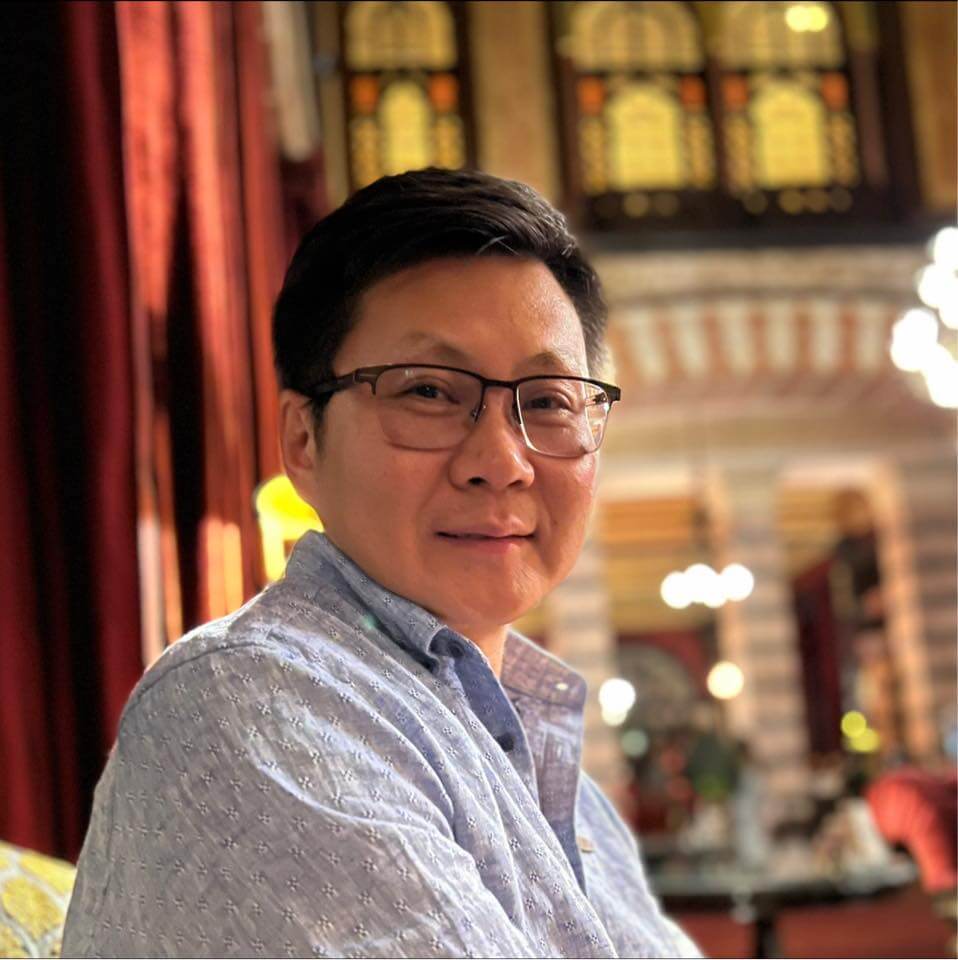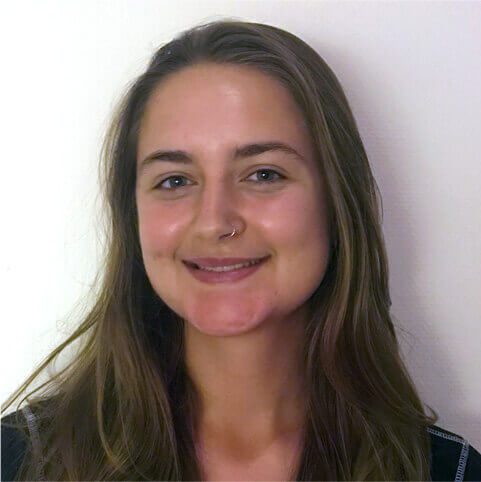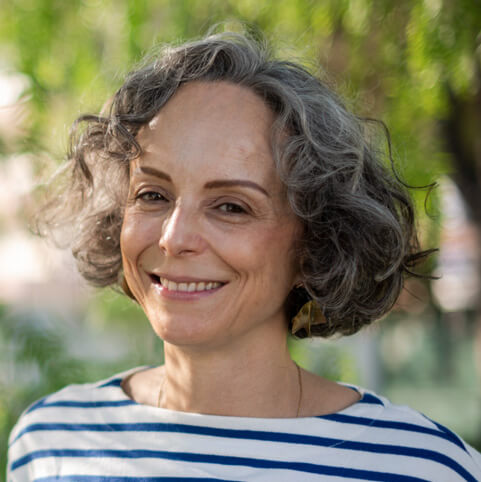Joana Roque de Pinho and Troy Sternberg, principal and co-principal investigators of the Mystical Natures project, put together an ambitious plan for MYNA’s final symposium – “Pastoralism in transition: Exploring intersections of religious and environmental changes”. The aim? To bring together scholars working on environmental changes and/or religion and spirituality among pastoralist and dryland communities across four continents, Maasai pastoralists, and people from the NGO sector working with herders and conservation, to think about the interconnections between religious changes and environmental changes. 35 participants came together in Lisbon for the three days, hailing from Kenya, India, Japan, Mongolia, the USA, Brazil, Mozambique, and across the EU. The event was supported by the Fundação para a Ciência e a Tecnologia, the Centro de Estudos Internacionais at ISCTE and The Land Group.
The symposium was launched with a keynote video conference presentation by Professor Joel Robbins (University of Cambridge ) on religion, values and climate change, setting the scene for a symposium that would tackle complex issues and interconnections. Attendees delivered a stimulating repertoire of case studies on religion and pastoralism around the world, from steppes to savannahs, and with MYNA’s primary case study countries, Mongolia and Kenya, in the spotlight for comparison. Round tables, facilitated discussions, and Maasai co-researchers’ sharing of their lived-experience of environmental and religious change gave the symposium a down to earth and convivial feel. Members of the MYNA team Joana Roque de Pinho, Angela Kronenberg García, Batbuyan Batjav, Troy Sternberg and Megan Wainwright shared initial findings from the MYNA project. Presentations from outside the MYNA regions of focus, like Brazil, India, Romania and Portugal stimulated new conversations and comparisons. To bring such diversity together under one roof for three days was ambitious, and it could not have gone better! For more information, please see our program and book of abstracts.
To ensure the program made space for emerging and attendee-led content in the program, we used an Open Space approach for the morning session of the third day. In Open Space, attendees propose topics they feel passionate about and want time to talk about. These can be as wide ranging as emerging ideas, things that did not get enough time in the program, or making plans for future work. Over the first two days attendees brainstormed and then Megan Wainwright, who facilitated the Open Space, grouped similar ideas together and proposed 4 topics to the group and solicited volunteers to “host” each conversation. Thanks to the collaboration of the Museu de Lisboa, we had the Open Space session in the gardens of the museum, sat on benches and Maasai shukas. Finally, an event in Portugal would not be complete without plenty of conversations over good food (and wine for some!), including lunch in the beautiful Society of Geography building downtown, the Casa do Alentejo, and the iconic 60’s restaurant Galeto.
While most had to say goodbye on Friday evening, for those who stayed the weekend and braved the cold seas of Nazaré and visited agro-forestry projects/regenerative grazing farms in the Alentejo, the MYNA symposium officially closed with a roundtable on Monday the 11th focused on mobile pastoralism in Kenya, Mongolia and Portugal at the Instituto Superior de Agronomia, in collaboration with the Centre of Applied Ecology.

